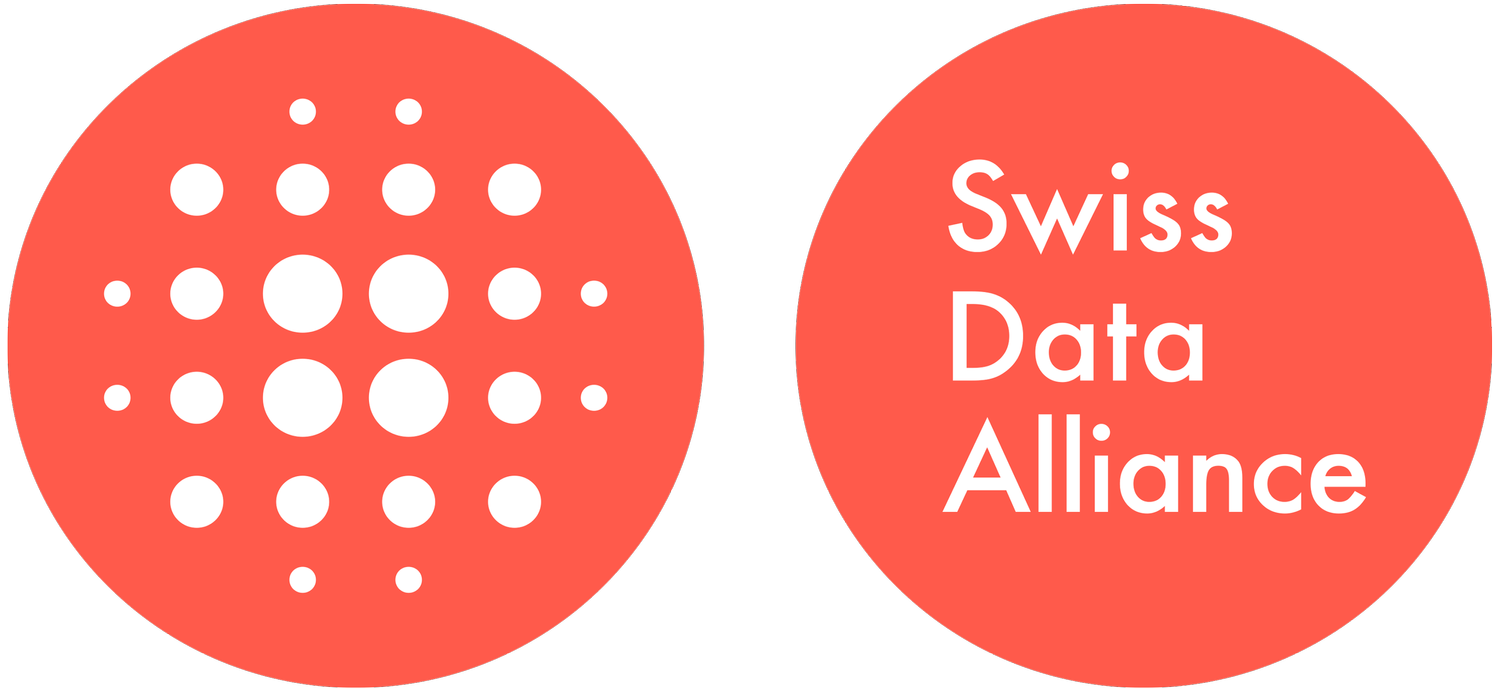The discourse on digital sovereignty in Germany - a classification
How the topic of digital sovereignty has developed in Germany is also very revealing for Switzerland. The development makes it clear how the definition of the term is based on a political process.
In 2015, the German Federal Government already shaped the direction of thought on the topic of digital sovereignty. In a negative sense, it has been established that it cannot be about self-sufficiency (Federal Ministry for Economic Affairs and Energy, IT Summit 2015):
"There is no such thing as self-sufficiency, especially in a digitally networked world."
The positive aspects of the definition were then also consolidated in Germany with acatech's basic paper (2021). However, acatech's definition of the problem is linked to the perceived (economic policy) problem that European companies and states have become bystanders:
"While the USA and China have built up a clear lead in the consumer-oriented platform economy, the global race in the industrial sector has not yet been decided."
It is therefore not surprising which definition acatech presents following the layer model, which actually promises to be more specific. Although the basic paper uses the layer model in the measures section, the definition focuses exclusively on the digital design of everyday life (freedom of choice):
"Digital sovereignty means the ability of individuals, companies and politicians to freely decide how and according to which priorities the digital transformation should be shaped."
These positions had previously been developed. Approaches from BITKOM (2015) were frequently referenced, which is not surprising given the fact that the digital association expressed its views early on. It is significant for BITKOM that digital sovereignty was not only understood as an area of political interest, but also strongly as an instrument for shaping projects by private actors.
The definitions of the focus groups from the IT Summit 2015 or the Digital Summit 2018 and the Digital Summit 2020, which are also often quoted, are also assigned to the private level (projects), even if the Digital Summit 2018 and 2020 seem to reference general sovereignty and thus statehood according to the wording.
"Being sovereign therefore means being capable of self-determined action and decision-making without relying exclusively on your own resources."
"Sovereignty refers to the ability of states, organizations or individuals to exercise independent self-determination. Today, digital sovereignty is an important aspect of general sovereignty, which encompasses the ability for independent self-determination with regard to the use and design of digital systems themselves, the data generated and stored in them and the processes mapped with them. (...) Digital sovereignty of a state or an organization necessarily includes complete control over stored and processed data as well as the independent decision as to who may access it. It also includes the ability to independently develop, modify and control technological components and systems and to supplement them with other components."
"Digital sovereignty is classified as a sub-aspect of general sovereignty and encompasses self-determination in the digital world. (cf. Digital Summit, 2018) The foundations for this are trustworthiness of communication, control over data flows and the possibility of self-determined action and innovation."
Another striking feature of position statements from Germany is the strong urge to demand economic policy and to postulate formative and supportive interventions in the free market. This economic policy thrust can already be found in BITKOM (2015) and the National IT Summit 2015. The Competence Center Public IT (2020), which is funded by the German Federal Ministry of the Interior and Homeland, takes up the postulate again, as does the German Federal Ministry of Education and Research (BMBF, 2021):
"Technology policy strategies for key technologies: Key technologies for strategic autonomy are of central importance across several essential public services or will be in the future according to the strategic foresight. Overarching technology policy strategies should be developed for these highlighted technologies. In principle, there are three strategic approaches to choose from for each technology: 'risk management', 'strategic partnerships' and 'common goods'. The choice and combination of approaches is first and foremost a political question, but is also determined by the existing scope for strategic autonomy. The chosen strategy should also be followed by the design of the depth of service and control instruments for this technology."
The three-stage "technology policy" called for by the Competence Center Public IT should be highlighted here in order to show the extent to which measures can achieve a long-term effect.
The political measures relating to "risk management and resilience" can be classified as classic compliance regulation:
"Risk management aims to maximize resilience to risks and threats, particularly those arising from the use of digital technology. The basic assumption here is that the integrity and behavior of technologies in complex systems cannot be fully controlled: 'Buyers must accept that what suppliers provide cannot be fully kept under control. Government efforts along the resilience cycle are therefore aimed at preparing for damaging events (prepare), reducing risk factors (prevent), establishing protective systems (protect), maintaining essential functional and response capabilities (respond) and the independent recovery and learning ability of systems (recover). In technical terms, this can mean an increased focus on resilient ICT architectures, in which redundancies, for example, protect the overall system against the failure of subsystems, or on software for system monitoring and threat detection. Typical regulations would include reporting, notification and cooperation obligations, mandatory security certifications and central points of contact for preventive and reactive measures."
The second point - "strategic partnerships" - refers to cooperation between authorities, but with a clear focus on a strategic goal that aims to change the market with the keyword "strategic autonomy" and can therefore already be described as economic policy:
"Strategic partnerships are intended to deal thoughtfully with common or mutual dependencies. States and non-state actors work together on selected technologies on the basis of trust and shared values in order to increase their strategic autonomy in the digital sphere through the joint generation and control of digitally relevant capabilities and resources. Examples include the Franco-German cooperation on artificial intelligence, the joint 'Artificial Intelligence Standardization Roadmap' between DIN, VDE and BMWi and the European infrastructure initiative GAIA-X."
The third point - "common goods" - has an equally economic-political effect, especially since subsidies are proposed here as a concrete means of changing reality and discussed in terms of their implementation:
"In the commons approach, law, technology and governance are designed in such a way that they enable equal and self-determined use of the technologies and systems concerned. Dependencies are reduced in that no actor can exclusively control the technology. In addition, without the possibility of access restrictions, it is difficult for common goods to become the subject of rivalry. One governance challenge is the free-rider problem in the further development of technologies: Why should an actor invest in development and deployment if it can achieve the same benefits at no cost to itself by waiting for another actor to invest? This can lead to a stalemate that needs to be broken. The Internet is an outstanding example of such a common good. With its decentralized architecture, open standards and protocols and inclusive multi-stakeholder governance, it is fundamentally designed to avoid the emergence of concentrations of power and invites the self-determined development of alternative uses. However, the increasing politicization of Internet governance also highlights the limits of such an approach. The state use and promotion of open source solutions also correspond to the common good approach, as the technologies created in this way are open to all actors and enable a high degree of strategic autonomy in their production, use and further development."
While in Germany the debate on sovereignty is politically initiated and shaped, in Switzerland it comes from society into politics. The reasons for this have been traced(from a German perspective) by the Fraunhofer Institute, for example.
In summary, it can be said that it is legitimate to pursue economic policy under the heading of "digital sovereignty" if this is desired (political views and majorities) or permitted (respect for international obligations, e.g. within the framework of the WTO). At first glance, strengthening one's own industry is a positive goal. Germany is pursuing this goal. As long as everyone is aware that economic policy is being pursued under the heading of "digital sovereignty", there is nothing wrong with this.









